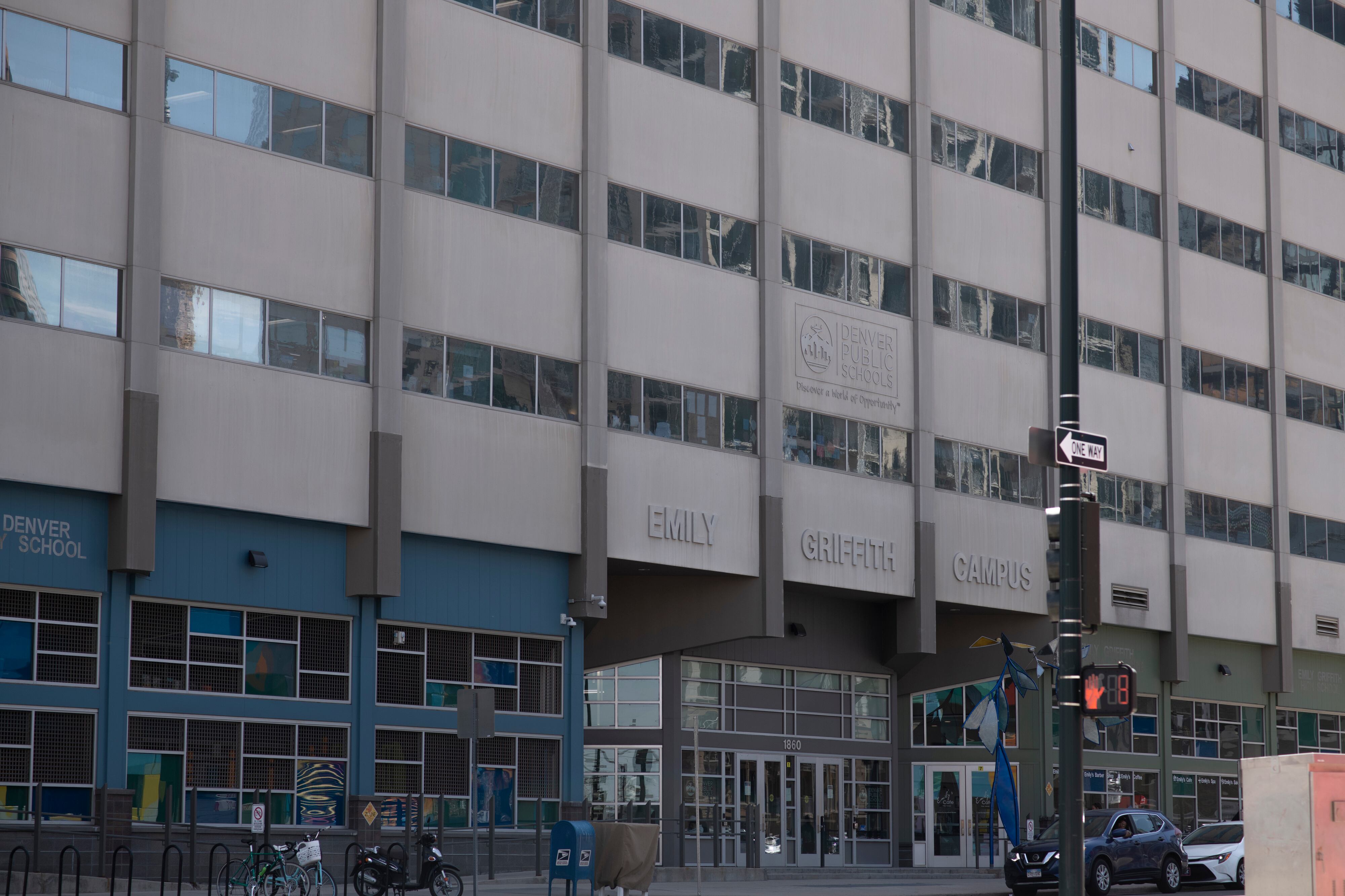Denver’s superintendent is cutting dozens of positions from the central office in a reduction that will save Denver Public Schools $9 million, according to an email obtained by Chalkbeat.
Superintendent Alex Marrero described the cuts in an email sent to district staff Tuesday. They total at least 76 positions and include 15 executive-level jobs.
The cuts are part of a reorganization Marrero announced in February. With districtwide enrollment expected to decline by 6% in the next three years and the district considering closing some schools, Marrero has said the central office was targeted for proportional cuts.
Marrero’s email doesn’t list the specific positions that were cut. But it says they include two of four deputy superintendents, one of eight chiefs, one of five associate chiefs, six of eight deputies or division chiefs of staff, and five of 30 executive directors. That’s a 27% reduction in those positions. Marrero said he “intently focused” on executive-level leadership during the reorganization process.
The other positions being cut are what Marrero described as central support personnel who support schools but don’t work directly with students. No members of the teachers or principals unions were laid off in the reorganization, he said in his email, and he implied that the cuts also spared paraprofessionals, bus drivers, and food service and facilities workers.
As part of the reorganization, many senior district leaders have had to reapply for their jobs. Marrero drew up a new organizational structure that will go into effect July 1. He said he’ll share recommendations at a school board meeting Thursday for how to use the $9 million in savings.
Marrero started as superintendent last July. Five months into his tenure, in December, the school board extended his original two-year contract. He’s now contracted to lead the 90,000-student district until June 2026.
Critics have long complained that Denver’s central office is bloated. Marrero’s predecessor, Susana Cordova, cut more than 220 positions from the central office in 2019 and added new ones for a net reduction of 150 positions. Those cuts reportedly freed up $17 million.
In his email, Marrero said that the latest cuts are difficult but necessary.
“Navigating change can evoke a range of emotions,” he wrote. “Recognizing that we will continue to be in a state of transition in the weeks that follow, we also know that worry, guilt and anxiety may still be part of our workplace after this recent loss of coworkers. We will continue to support each other. We will still focus on being Students First. And we will close out the 2021-22 school year on a strong note. Our scholars are counting on it.”
In recognition of Teacher Appreciation Week this week, Marrero sent a separate email last week listing ways the district planned to recognize its central office employees, who were deployed to schools several times during the pandemic to act as substitute teachers.
On Monday, central office employees were allowed to work from home. On Thursday, the district will provide breakfast burritos. On Friday, employees will be allowed to leave at 2 p.m.
Melanie Asmar is a senior reporter for Chalkbeat Colorado, covering Denver Public Schools. Contact Melanie at masmar@chalkbeat.org.







